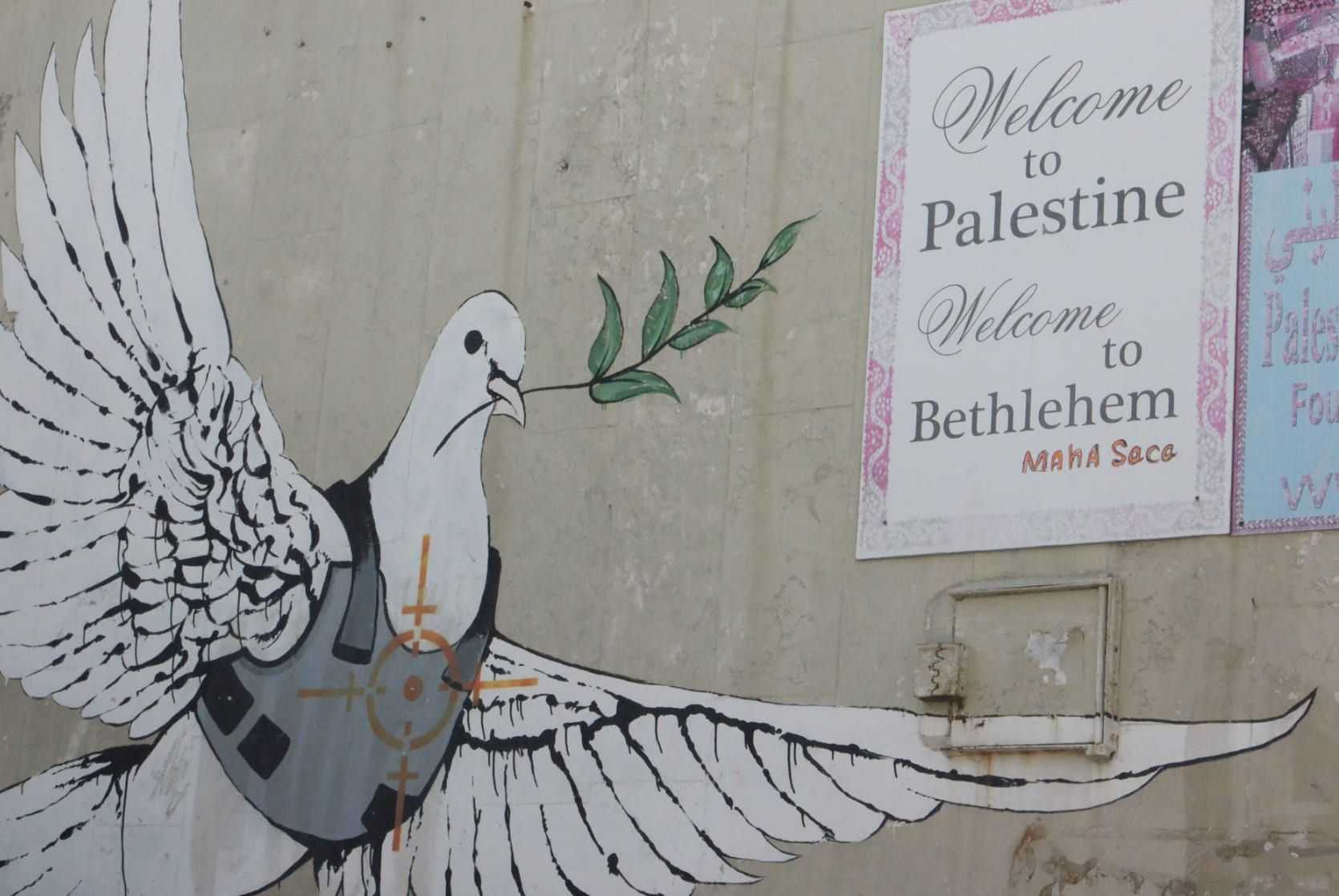Accueil>Two-day training for Postgraduate Students. 15 & 16 May 2025

10.04.2025
Two-day training for Postgraduate Students. 15 & 16 May 2025
The Middle East is once again undergoing significant political shifts, with Syria and Palestine at the centre of these developments.
In Syria, the December 8 removal of Bashar al-Assad marked the end of more than fifty years of authoritarian rule. Yet deep sectarian divisions and structural fragilities persist, underscoring that a single transitional moment cannot resolve long-standing political tensions. The interim presidency of Ahmed al-Sharaa, leader of Hayat Tahrir al-Sham (HTS), is now steering post-Assad governance. A seven-member constitutional committee, established following the Syrian National Conference, has been tasked with drafting a transitional charter. On March 13, al-Sharaa approved an interim constitutional declaration intended to guide Syria’s governance over the next five years. Emerging from the legacies of civil war, foreign occupation, sanctions, and internal fragmentation, the declaration outlines a vision for state-building. However, both its credibility and its potential for implementation remain uncertain. A critical question thus arises: will this transitional declaration serve as a bridge toward a permanent constitution, or is it being positioned as a mechanism to prolong interim arrangements indefinitely?
In Palestine, institutional reform has remained largely stagnant for decades. Following the Oslo Accords, the Basic Law was adopted as an interim constitutional framework for the Palestinian Authority in the West Bank and Gaza. Although the transitional period was expected to conclude in 1999, the Basic Law remains in force. In November 2024, Palestinian Authority President Mahmoud Abbas issued a constitutional declaration addressing the unresolved issue of presidential succession—dormant since the 2018 dissolution of the Palestinian Legislative Council. At the March 2025 Arab Summit, he announced the creation of a vice presidency for both the Palestine Liberation Organization (PLO) and the State of Palestine, pledged to hold general elections, and granted amnesty to dismissed Fatah members—steps aimed at restoring political cohesion amid deepening fragmentation. While constitutional reform in a pre-sovereign setting is undeniably challenging—and may not seem immediately urgent amid war, occupation, and the annexation policies affecting the West Bank—it is increasingly gaining traction. Several post-war proposals have explored governance models.
Yet a central question persists: can an interim constitution realistically chart a path forward for Palestinian governance, and when should such discussions begin? Or does the very ambition of a constitutional conversation exceed current political realities?
In both cases, this training will explore how interim constitutions are not merely legal frameworks—they are deeply political instruments. These documents often reflect political realities rather than resolve them.
Training Objectives
By the end of the program, participants will:
- Understand the Role of Interim Constitutions: Analyze how temporary constitutional frameworks should assist political transitions and mitigate legal vacuums.
- Assess Contemporary Political Developments: Examine how governance agreements, elections, and constitutional negotiations shape political stability in Syria and Palestine.
- Draw Lessons from Comparative Case Studies: Investigate transitional governance experiences from other regions to inform best practices.
- Enhance Practical Skills: Develop expertise in constitutional bargaining and governance assessments in post-war contexts.
Course Delivery: In-person
Maximum Participants: 15 students Application Requirements & Criteria Applicants must:
- Be a graduate student (M1 or M2) from Sciences Po’s Law School, the Paris School of International Affairs (PSIA), the School of Research or the School of Public Affairs.
- Demonstrate a strong academic and/or professional interest in the MENA region, with completion of at least one relevant course on the region.
- Be prepared to actively engage in rigorous discussions, case studies, and simulations.
Applicants must submit the following documents to mena.program@sciencespo.fr:
- Curriculum Vitae (CV): Detailing academic background, internships, and relevant publications (if applicable).
- Personal Statement (1 page max): Explaining how their coursework on the MENA region has influenced their interest in this training and its relevance to their academic or professional trajectory.
Important Dates
- Application Deadline: April 15, 2025
- Selection Notification: April 25, 2025